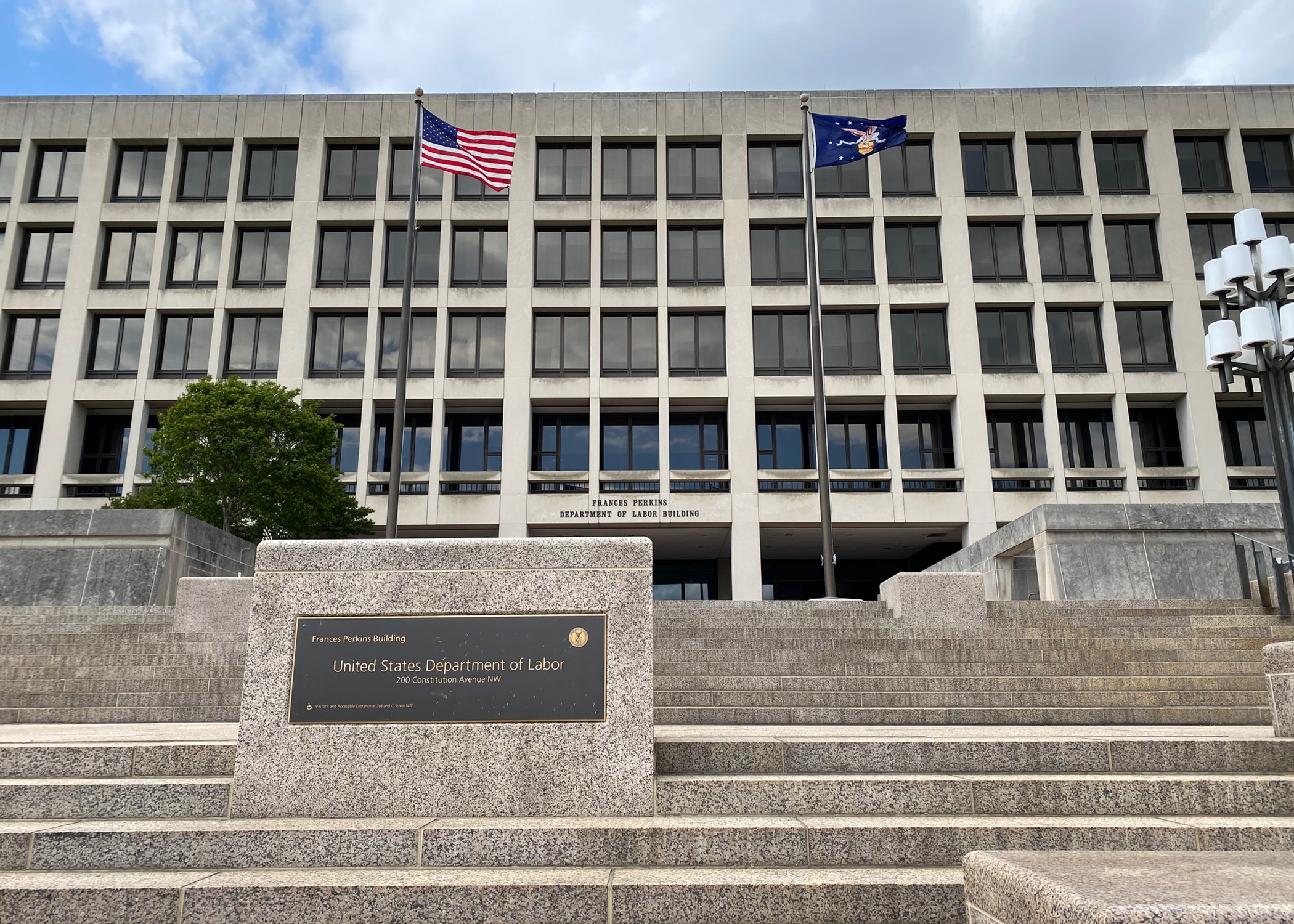Worker Walkaround Representative Designation Process
On July 17, 2023, the U.S. Department of Labor sent its proposed rule on Worker Walkaround Representative Designation Process to the Office of Management and Budget’s Office of Information and Regulatory Affairs for review. This is the final step before the proposed rule is released publicly. It is expected to be issued imminently.
While the text of the proposed rule is not yet available to the public, the regulatory agenda indicates that the proposed rule would “clarify the right of workers and certified bargaining units to specify a worker or union representative to accompany an OSHA inspector during the inspection process/facility walkaround, regardless of whether the representative is an employee of the employer, if in the judgment of the Compliance Safety and Health Officer such person is reasonably necessary to an effective and thorough physical inspection.”
On Feb. 21, 2013, OSHA issued a letter of interpretation endorsing union representatives and other nonemployee third parties accompanying OSHA inspectors on walkaround inspections at nonunion workplaces, which ABC adamantly opposed, expressing serious concerns. OSHA eventually rescinded the letter of interpretation on April 25, 2017.
Additional Background on the 2013 Letter of Interpretation:
ABC will continue to monitor this issue and provide updates as they become available.
Overtime
On July 13, the DOL sent its proposed rule on the “exemption of bona fide executive, administrative, and professional employees from the Fair Labor Standards Act’s minimum wage and overtime requirements,” also known as the “white-collar” exemptions, to the OMB’s OIRA for review. This is the final step before the proposed rule is released publicly. It is expected to be issued imminently.
In 2016, the DOL issued a final overtime rule that would have doubled the minimum salary level for exemption from $23,660 to $47,476 per year. ABC, along with several other business groups, sued the DOL in federal court and succeeded in blocking the rule from taking effect.
In 2019, the Trump-era’s DOL issued a new overtime proposal to formally rescind the 2016 rule and readjusted the salary threshold to $35,568 per year. The final rule went into effect on Jan. 1, 2020.
ABC continues to urge the Biden DOL to abandon or postpone any future overtime rulemaking, since it was just modified in 2019. Further, any new overtime rule would fail to recognize the lingering economic consequences of inflation, global supply chain disruptions, rising materials prices and workforce shortages.
Form LM-10 Employer Report
On July 18, the OMB’s OIRA concluded its review of the DOL’s final rule on the Form LM-10 Employer Report. This is the final step before the final rule is released publicly. It is expected to be issued imminently.
On Oct. 13, 2022, ABC submitted a comment letter to the DOL’s Office of Labor-Management Standards regarding its proposed revisions to the LM-10 Employer Report form. ABC opposed the new proposed revision, which would add a checkbox to the form for employers to disclose whether they are a federal contractor, as well as identifying information and the federal agency or agencies contracted for.
Employers must file this form with the OLMS to disclose certain payments, expenditures, agreements and arrangements, including the hiring of outside labor relations consultants to help inform their employees regarding union organizing or collective bargaining, known as “persuader activities.”
It is clear that the intent of the proposed revision is to discourage persuader activities by federal contractors, despite the fact that these activities are lawfully permitted by the Labor-Management Reporting and Disclosure Act within certain limitations. The revision would accomplish this goal by increasing public pressure on these federal contractors and assisting advocacy efforts against these companies and federal agencies that choose to employ them, as well as potentially providing a basis for federal agencies to “blacklist” these contractors in future regulations.
Continue to monitor Newsline for further updates on the DOL’s regulatory activity.
Powered by WPeMatico

